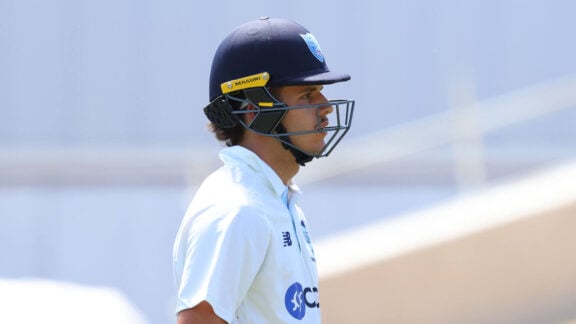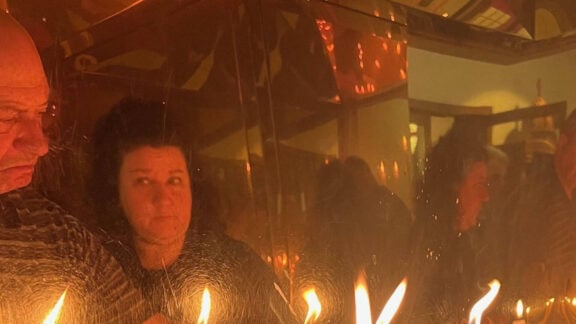Sydney Roosters chairman Nick Politis has declared a zero-tolerance policy on cocaine use among his players, vowing to sack anyone caught using the drug regardless of the NRL’s two-strike policy.
Politis, one of rugby league’s most influential figures, emphasized that he and head coach Trent Robinson are united on the stance, citing recent incidents involving high-profile players as a catalyst for the decision.
“If somebody’s caught doing cocaine or leaning over snorting something, we’re going to get rid of them,” Politis told The Sunday Telegraph.
“Our stance is zero tolerance. Trent is very strong on it, and so am I.”
The NRL’s current illicit substances policy allows for a first-strike warning with mandatory counselling, while a second strike permits clubs to suspend or terminate a player. However, Politis argued that even “white powder” scandals—where players appear with unidentified substances—can damage a club’s reputation and warrant dismissal.
“We want to send a message to kids, and to mums and dads, that our club has that sort of stance,” he said.
While Politis advocates a stricter approach, other NRL figures believe the current policy strikes the right balance. South Sydney Rabbitohs CEO Blake Solly called the system “very sound,” highlighting its focus on rehabilitation after a first offense.
“It ensures players have an opportunity to address issues early while allowing clubs to take strong action if there’s a second strike,” Solly said.
A senior coach, speaking anonymously, expressed frustration over the recurring issue of cocaine use among players, acknowledging the challenge of combating it despite extensive education programs.
“I hate drugs, and I tell my players that all the time. We talk about it constantly, but what more can clubs do? Cocaine is everywhere in society,” the coach said.
Although several players, including Latrell Mitchell, Brandon Smith, and Valentine Holmes, have been implicated in “white powder” controversies in recent years, some argue drug use in rugby league is less prevalent than it appears.
“There’s no drug culture here,” said Manly Sea Eagles CEO Tony Mestrov, crediting cultural reforms for creating a clean environment.
Former players also suggested drug use has declined as the sport becomes more professional, though they acknowledged its presence.
“It’s not as rampant as people think,” one ex-player said. “It’s more of a societal issue than a rugby league one.”








